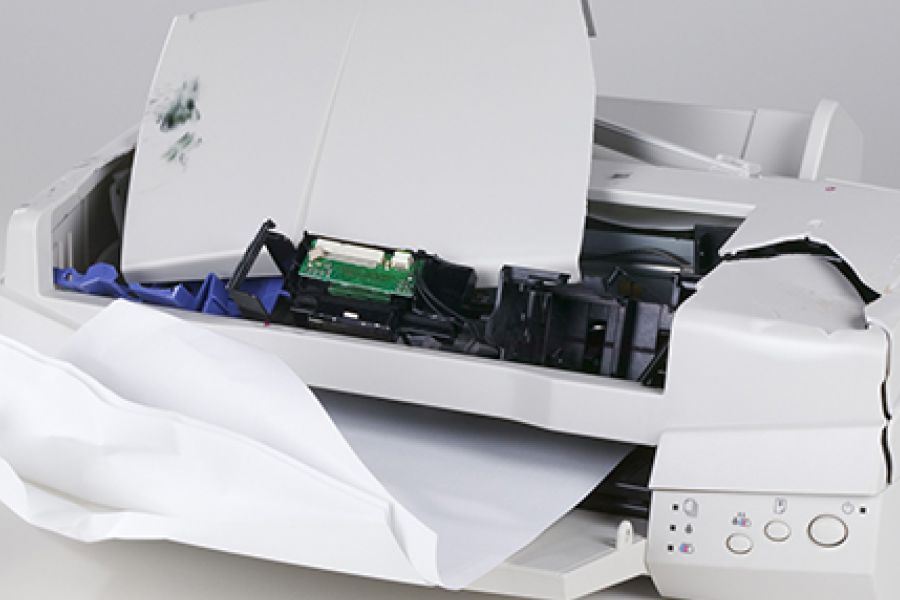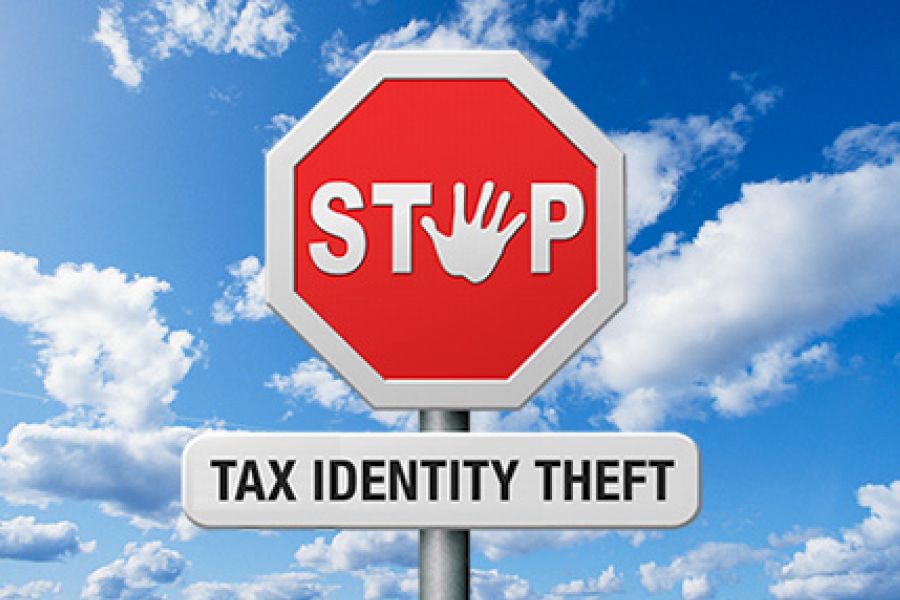According to the Association of Certified Fraud Examiners’ Report to the Nations: 2018 Global Study on Occupational Fraud and Abuse, organizations victimized by fraud lose a median $130,000. But construction companies, in particular, are even harder hit, with a median loss of $227,000. What can you do to protect your construction business? Adopt this construction company anti-fraud checklist. Construction Company Anti-Fraud Checklist: Ways to Tighten Controls An effective strategy for minimizing fraud is to tighten your internal controls. Make sure the following are part of your policies and procedures: Surprise audits and jobsite visits. These visits can not only help detect fraud, but also send a strong message that combating fraud is a priority — which is a powerful deterrent. Segregation of duties. Avoid situations in which one person...

Preventing fraud in auto dealerships requires a strong internal control system. This will serve to prevent occupational fraud from cutting into your auto dealership’s profits and generating negative publicity. And effective controls start with current and accurate financial statements. Preventing fraud in auto dealerships starts in accounting One sign of weak internal controls is an accounting department that fails to generate financials until two or more weeks after month’s end. Accounting should post transactions daily, including new and used vehicle sales, repair orders, invoice payments, payroll and cash receipts. By 1 p.m. on any given day, you should have access to real-time checkbook balances and other accounting information effective as of 5 p.m. the day before. That way, you might be able to catch the first signs of...
It should come as no surprise that cash is the most popular target of fraud perpetrators. After all, once stolen, cash itself is virtually untraceable. But that doesn’t mean forensic accounting professionals can’t unearth cash fraud schemes — and the crooks behind them. 3 Categories of Cash Fraud According to the Association of Certified Fraud Examiners, there are three main categories of cash fraud (which includes checks because they’re easily converted to cash): Theft of cash on hand, Theft of cash receipts, and Fraudulent disbursements. The last category comprises many of the most frequently executed schemes, such as overbilling and “ghost” vendor or employee schemes. For example, overbilling vendors usually submit inflated invoices by overstating the price per unit or the quantity delivered. A dishonest vendor also might...
The Facebook scandal involving personal data mishandled by Cambridge Analytica has raised concerns over the privacy of the information we share on our social media accounts. Some countries have gone as far as to legislate Internet data privacy with laws granting the “right to be forgotten.” Yet Facebook CEO Mark Zuckerberg says we don’t need such regulations here in the states. Is he right? And though California has been a leader in privacy, the last meaningful update to the state’s privacy laws was in the 1980s, long before today’s technology. Investigative journalist Ben Swann provides a "Reality Check". Ben Swann is an Emmy winning American television news anchor and investigative journalist who most recently worked at CBS affiliate WGCL-TV in Atlanta, Georgia as chief evening news anchor from 2015 to 2018. His...
Some insurance companies offer employee dishonesty coverage to protect businesses against loss of money and property due to criminal acts by employees. This can be valuable protection. But before you buy a policy, it’s important to understand what you’re getting. What it does In addition to covering businesses against theft of money, property and securities, employee dishonesty insurance covers willful damage to property. If, for example, an employee smashes a computer or kicks a hole in a wall, it’s likely covered. And it covers losses from all employees. However, coverage is based on occurrences. So if more than one employee is involved in a single theft, the payout is based on that single occurrence. Rates and deductibles typically depend on your business’s level of risk. But separate employee...
The IRS began accepting 2017 income tax returns on 1/29/18. You may be more concerned about the 4/17/18 filing deadline, or even the extended deadline of 10/15/18 (if you file for an extension by 4/17/18). After all, why go through the hassle of filing your return earlier than you have to? But it can be a good idea to file as close to 1/29/18 as possible: Doing so helps protect you from tax identity theft. All-too-common scam Here’s why early filing helps: In an all-too-common scam, thieves use victims’ personal information to file fraudulent tax returns electronically and claim bogus refunds. This is usually done early in the tax filing season. When the real taxpayers file, they’re notified that they’re attempting to file duplicate returns. A victim typically discovers...
- 1
- 2










